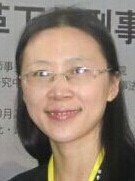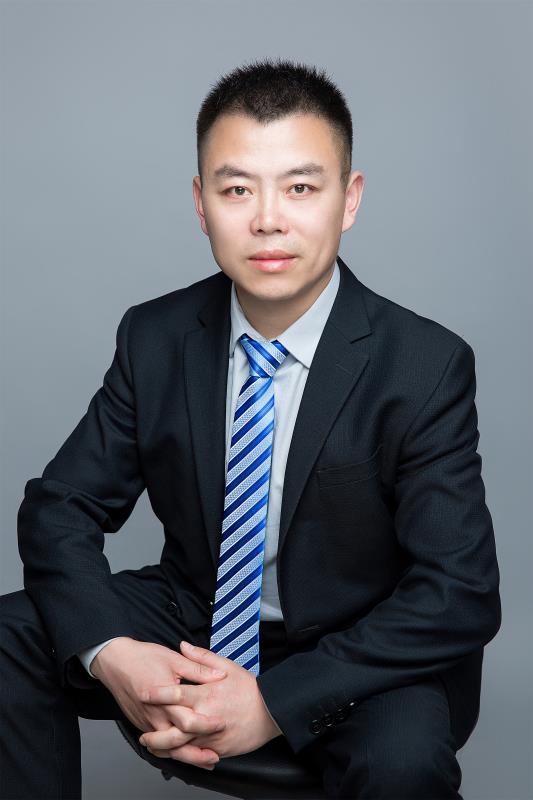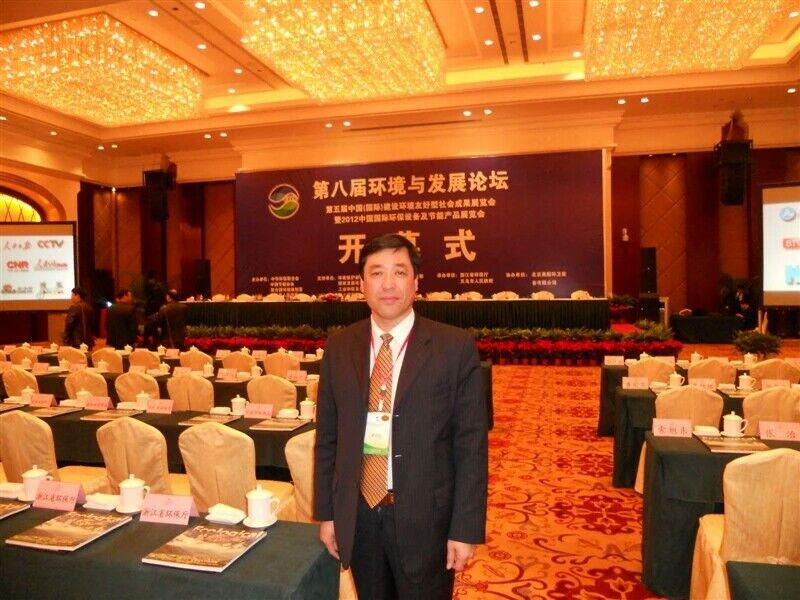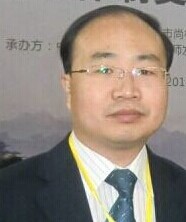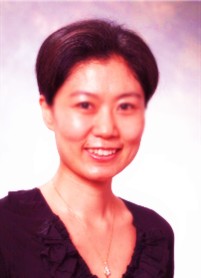Thirty college students across the country attended the Tenth 21st Century Cup National English Speaking Contest in Beijing on April 10. Eventually, Xia Peng, from Nanjing University was named the champion. The second and third places went to Zhang Jing, a sophomore from China Foreign Affairs University, and Zhang A Xu, from Hong Kong Polytechnic University, respectively. More than 1000 college students in Beijing are lucky birds to listen to the speeches on the spot in Friendship Hotel.
Just make to it the finals, they had to get past 60 others speaking on б░The impact of globalization on traditional Chinese valuesб▒. That was at the semi-final on April 8-9. What will Chinese college students think about the impact? Each contestant had his own take on the subject. Xia summed up globalization by saying: б░Itбпs just controversial and hard to say whether it is good or bad.б▒ Xia took the old wall of his city, Nanjing, as a metaphor. He spoke about the conflict over whether to protect the old walls or tear them down to represent the conflict of ideas. He suggested that people protect the wall as a valuable relic while tearing down the б░intangible wallsб▒ of their minds that prevent communication. While some other students are more focusing on the impact of globalization on family relations, attitudes towards love, and job-hunting.
Over the past 10 years, the national English speaking competition has given contestants a chance to speak on a variety of topics closely related to their lives. Chinese students become more open-minded and receive various ideas and thinking over the decade. Diversity becomes more obvious on campus, students have more opportunities to express and show themselves. Itбпs not an easy task for the contestants to win through the fierce competition. Owning to their passion, hard work and persistence, they finally succeeded in the contest.
Liu Xin, the first champion of the national contest, is now an anchorperson of CCTV-9. Recalling the passion of study on campus, she said: б░When you want to express your idea by a foreign language without finding a right way, youбпre really upset. Then you have to encourage yourself, and after a long term of bitterness, suddenly you find you get the right way with joy.б▒ With the champion title in 21st Century Cup, Liu attended the International Public Speaking competition in London in May 1996 afterward and got the first prize historically.
The winner in 2003 surprised the audience, since she came from accounting major instead of English major. Gu Qiubei, then 22 years old, was a senior in Shanghai Foreign Studies University. While being asked whether she had some good methods to learn English, she said: б░Learn English with passion and enthusiasm.б▒ Attracted by the greatness of English language, Gu even changed her major from accounting to English in her postgraduate study. The most important issue in English learning process she pointed out is personal interests. Only people interested in English benefit a lot from the learning methods and those with passion will finally achieve their dreams.
When chief of global media giant Viacom Sumner Redstone gave a speech in Tsinghua University on his autobiography A Passion to Win, he was asked what made him to restart his career at the age of 60, the 81-year-old media tycoon said: б░Firstly, thereбпs a self-driving force in my deep heart, which keeps my passion to succeed and surpass others; secondly, I donбпt think Iбпm too old to leave work, actually I love my work very much.б▒
Some of the contestants have achieved their dreams as Redstone; still others are on the way to their dream. With a passion to win, you will overcome obstacles and succeed at the end.
Iбпm studying in a city thatбпs famous for its walls. People who visit my city are amazed at the imposing sight of its walls, especially when silhouetted against the setting sun with gold, shining streaks. The old, cracked bricks are covered with lichens and the walls are weather-beaten guards standing still for centuries.
Our ancestors liked to build walls. They built walls in Beijing, Xiбпan, Nanjing and many other cities, and they built the Great Wall, which snakes across half our country. They built walls to protect against enemies and evil spirits. This tradition has survived to this day: we still have many parks and schools walled off from the public.
For a long time, walls were one of the most natural things in the world to me.
My perceptions, however, changed after I made a hiking trip to the eastern suburbs of my city. My classmates and I were walking with some foreign students. As we walked out of the city, we found ourselves flanked by tall trees, which formed a wide canopy above our heads. Suddenly one foreign student asked me, б░Where is the entrance to the eastern suburbs?б▒
б░Weбпre already in the eastern suburbs,б▒ I replied. He seemed taken aback, б░I thought you Chinese had walls for everything.б▒ His remark set off a heated debate. At one point, he likened our walled cities to б░jailsб▒, while I insisted that the eastern suburbs were one of the many places in China that had no walls.
That debate had no winners, but I did learn a lot from this student. For instance, he told me that some major universities like Oxford and Cambridge were not surrounded by walls. I have to admit that we do have many walls in China, and as we develop our country, we must look carefully at them and decide whether they are physical or intangible. We will keep some walls but tear down those that impede our development.
Let me give another example.
A year ago, when I was working on a term paper, I needed a book on business law and found a copy in the law school library. However, the librarian coldly rejected my request to borrow it, saying, б░You canбпt borrow this book, youбпre not a student here.б▒ In the end, I had to spend 200 yuan to buy a copy. Meanwhile, the copy in the law school gathered dust on the shelf.
At the beginning of this semester, I heard that my university had started to think of unifying its libraries and linking them to libraries at other universities, so my experience wouldnбпt be repeated. Barriers would be replaced by bridges. An inter-library loan system would give us access to books from any library. With globalization and China integrated into the world, I believe many of these intangible walls will be knocked down.
I know that globalization is a controversial issue, and it is hard to say whether it is good or bad. But one thing is for sure: it draws our attention to Chinaбпs tangible and intangible walls and forces us to examine their role in the modern world.
And how about the ancient walls of mine and other cities? Should we tear them down? Definitely not. My city, like Beijing and other cities, is actually making a great effort to preserve the walls. These walls attract historians, archaeologists, and many schoolchildren who are trying to study our history and cultural heritage. Walls have become bridges to our past and to the rest of the world. If the ancient builders of these walls were still alive today, they would be proud to see such great changes in the role of their walls. They are now bridges that link East and West, South and North, and all countries of the world. Our cultural heritage will survive globalization.




